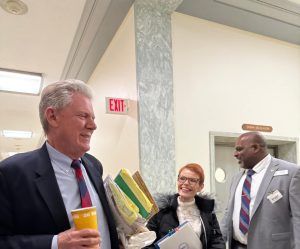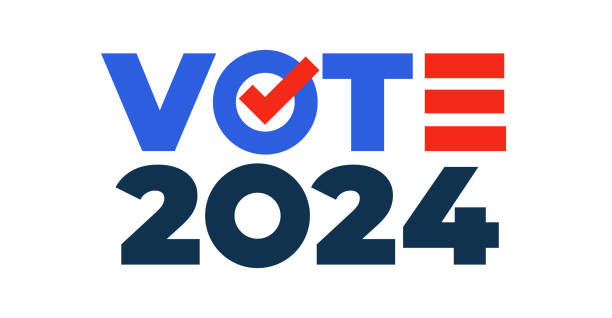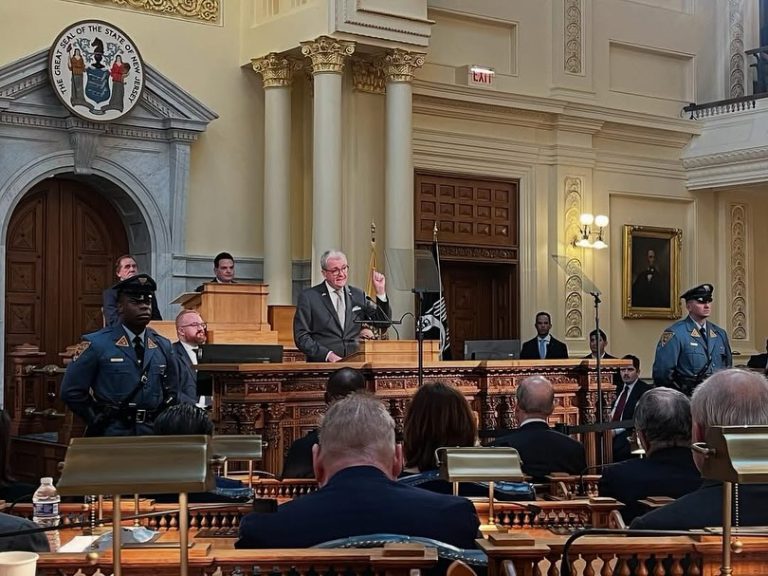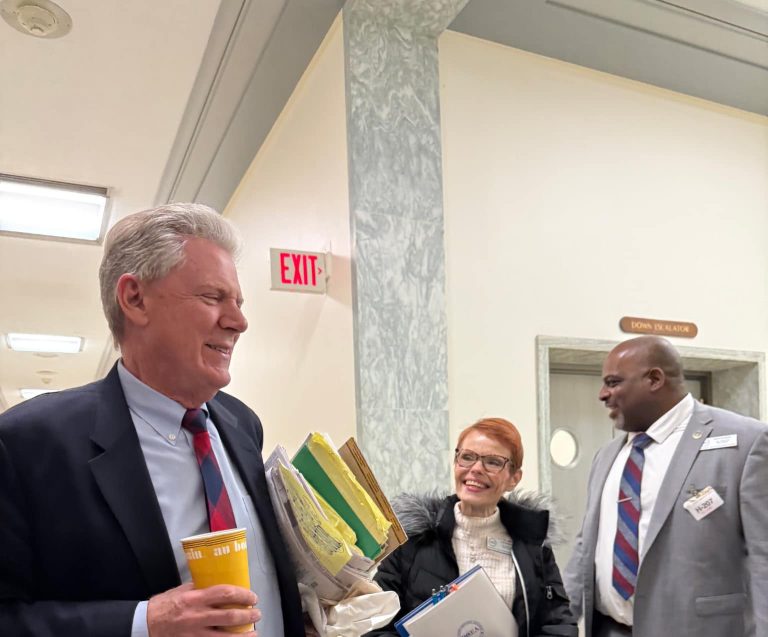A legal battle over New Jersey’s nearly century-old prohibition on candidates appearing on the ballot for more than one political party played out in court Monday, with arguments focusing on the intersection of constitutional rights and electoral integrity.
The case, brought by the Moderate Party, challenges the 1921 law banning so-called “fusion voting,” a practice that allows candidates to run under multiple party endorsements. Attorneys for the party contend that the restriction stifles free expression and political association, rights protected under the state constitution.
“This is about preserving the political marketplace of ideas,” argued Beau Tremitiere, counsel for Project Democracy, which is representing the Moderate Party. “By shutting out smaller parties and alternative voices, the state is violating constitutional protections and limiting choices for voters.”
The controversy dates back to 2022, when the Moderate Party attempted to nominate then-Democratic Rep. Tom Malinowski as its candidate for New Jersey’s 7th Congressional District. Secretary of State Tahesha Way blocked the move, citing the longstanding prohibition. The party appealed the decision, bringing the issue before the three-judge appellate panel.
State’s Defense
The state, represented by Special Assistant Tim Sheehan, defended the ban as a necessary safeguard against ballot manipulation and voter confusion. Sheehan argued that fusion voting could enable candidates to create multiple minor parties, using them to highlight specific policy platforms and gain undue advantage in ballot design.
“Imagine a candidate forming several single-issue parties just to fill the ballot with their name under different guises,” Sheehan said. “This could mislead voters and undermine the integrity of our electoral system.”
Sheehan noted that New Jersey law already allows candidates to list party endorsements on the ballot without creating confusion by appearing multiple times.
Minor Parties Face Uphill Battle
Attorneys for the Moderate Party and their allies dismissed the state’s concerns as exaggerated. They argued that the prohibition disproportionately disadvantages minor parties, preventing them from building legitimacy and securing votes.
“How can smaller parties gain traction when they’re systematically excluded from full participation in the electoral process?” asked Jeanne LoCicero, legal director of the American Civil Liberties Union of New Jersey, which joined the case as a friend of the court.
Under New Jersey’s rules, only parties with significant primary turnout—defined as at least 10% of the turnout in the last Assembly election—are guaranteed dedicated slots on the ballot. This threshold has historically confined the privilege to the Republican and Democratic parties.
The Moderate Party claims the ban effectively cements the dominance of the two major parties, depriving voters of meaningful choice and minor parties of fair representation.
Political Implications
The Republican State Committee, which intervened in the case to oppose fusion voting, questioned the motives behind the lawsuit. Attorney Jason Sena suggested the suit was less about expanding voter choice and more about providing a political boost to Malinowski, who faced a tough reelection bid in one of the state’s most competitive districts.
“We should view this case with skepticism,” Sena said. “It’s a prime example of the very dangers the law seeks to prevent.”
Awaiting a Decision
The appellate panel, led by Judge Robert Gilson, reserved judgment and indicated a written opinion would follow, though no timeline was provided.
The ruling could have significant implications for New Jersey’s electoral landscape, potentially opening the door for greater participation by minor parties—or reinforcing the status quo in the state’s two-party system.
As the legal arguments unfold, the case highlights a broader debate over how to balance electoral accessibility with the need for clear and orderly ballots—a question that could resonate far beyond New Jersey.

















